The service area of UHC Patturaikkal comprises of 9 divisions of Thris...
Read MoreThe Rural Health Training Centre was initially located at Kallur which...
Read MoreThe department took over the immunization clinic of the hospital in th...
Read MoreAMFACC is an initiative of the Amala Institute of Medical Sciences wit...
Read More Overview
Overview The Department started functioning since 2nd September 2003 and postgraduate training in MD Community Medicine commenced in 2010, currently with an annual intake of 5 postgraduate students. The department displays a commendable standard in quality teachingtraining, and researchin accordance with the CBME guidelines. The department imparts expertise in necessary clinical and administrative skills, achieved through thorough knowledge of epidemiological and management principles and methods, and in particular focuses on instilling a rural predisposition among students through our prestigious programme called the ARCH (Amala Rural Community Health) programme. The department pioneered in introducing family adoption programme as part of Undergraduate training curriculum which was later recommend by NMC in UG curriculum.The Department has been involved in several prestigious projects for community -based activities with Government/ NGO’s/ICMR/UNICEF. This department prepares doctors to serve not only as clinicians restricted to their clinics or hospitals but also as community leaders with a vision for the improvement of the communities in which they work.
The department is equipped with well experienced staff. At present, the staff position is - Two Professors, One Associate Professor, Five Assistant Professors, Two Senior Residents, one epidemiologist, One each of Lecturer in Statistics, Statistician, two Lady Medical Officers in charge of RHTC and UHTC, Technical Assistants, Health Educators, Two Public Health Nurses, Three Medico-social Workers, Three Health Inspectors including one Lady Health Inspector, Two Lab Technicians and Three Attenders. The Department is running a Rural Health Training Centre, at Vellattanjoor, an Urban Training Centre (UHC) at Patturaikkal and "ARCH" (Amala Rural Community Health) Clinic inside Amala Hospital for the residents of nearby adopted panchayaths.
Under Graduate Training:
A student-friendly, need-based, and evidence-based CBMEcurriculum has been adopted to support value-based medical education.The training of the undergraduate commences from the 1st Semester onwards and comes to a close at the end of the 7th Semester. The course content includes Theory Classes, Discussions, Seminars, Research Projects, Clinico-Social Case Study, Health Education Talks, Laboratory and Field work as well as Family Health Surveys, Nutritional Assessment Surveys including Diet Surveys, Training in Entomology, Parasitology, Statistics and Epidemiological Exercises. They also visit public health institutions such as office of the District Medical Officer, District TB Centre (DTC), Employee's State Insurance Hospital, Leprosy Rehabilitation centre, Peripheral Health Institutions such as Community Health Centers (CHC), Primary Health Centre (PHC), Anganwadis and Sub-Centers. They also visit Water Purification Plant, Cotton Mill, Solid Waste Management System, Sewage Treatment Plant and Biomedical Waste Management Plants. The Compulsory Rotating Residential Internship is of two months' duration which includes postings at Rural Health Centre, Urban Health Centre, ARCH Clinic and peripheral hospitals. The accent will be on training them in primary health care to enable them for delivery of basic health care.
Post graduate Training:
Commenced in the year 2010 initially with annual intake of 3 students and currently with5 students for MD Community Medicine. The department is one of the most sought-after departments for postgraduation study in Community Medicine .Training includes imparting expertise in the following areas - To prepare Community Physicians of highest calibre who have basic understanding of clinical practice, a thorough knowledge of epidemiological principles and methods and the epidemiology of communicable and non-communicable diseases, a familiarity with statistical methods, the relevant aspects of the social sciences and the principles of administration and management and the ability to apply this knowledge to the management of health services and the study of diseases.1 month of tribal posting in Attappadi has been a part of PG training to give an exposure to socioeconomic environment of vulnerable population.
A demonstration room of 65.3Sqm size accommodating 50 students, equipped with appropriate audio visual aids,contribute to the department's educational environment.
Laboratory with an area of 182.5 Sqm accommodating 50 students equipped with 30 dissection microscopes, 9 oil immersion microscopes, water supply, sinks, electric points and cupboards for storage of microscopes, slides are available.
An outstanding museum spread over an area of 112.49 sqm with specimens arranged topic wise covering important aspects in Public health.
A Research laboratory of 30.94sqm, equipped with desktop computers and software packages such asSPSS 23 (licensed version), nMaster.2 and Epi Info 8 to assist undergraduate students, postgraduate students and faculty in research activities.
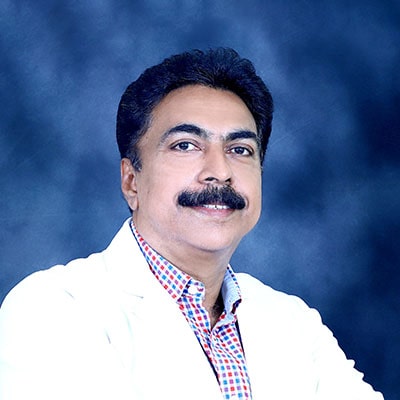
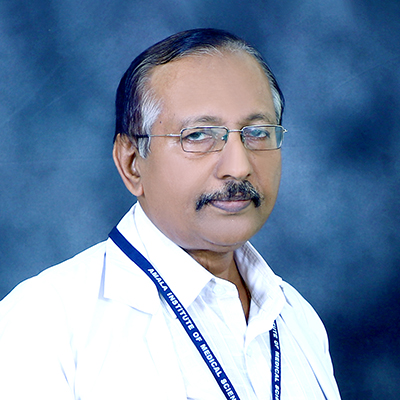
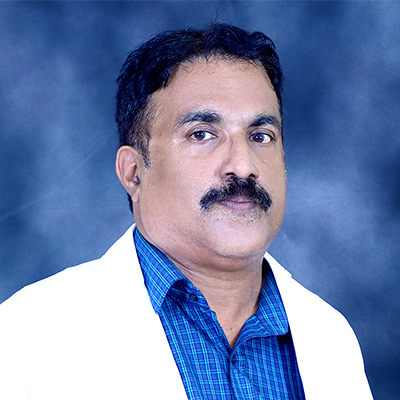
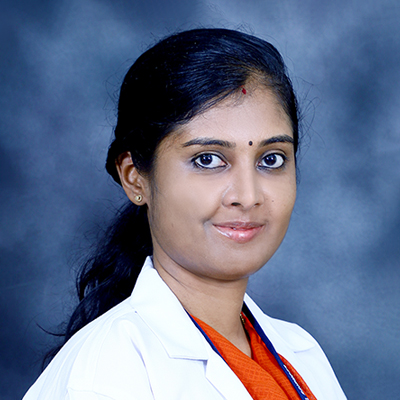
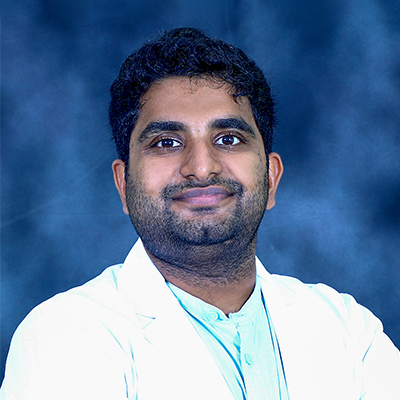
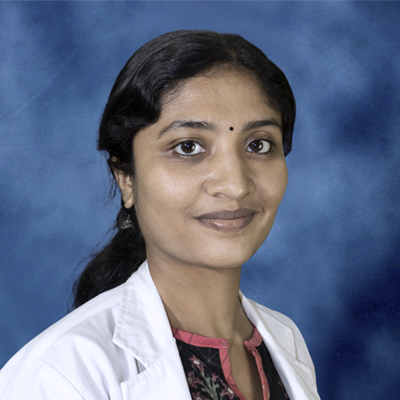
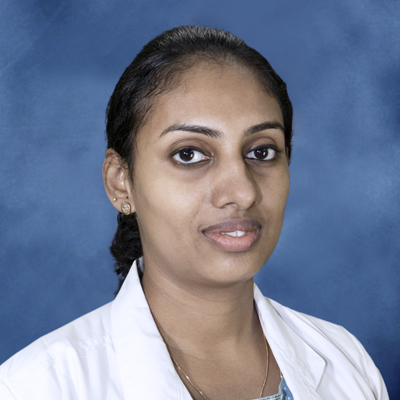
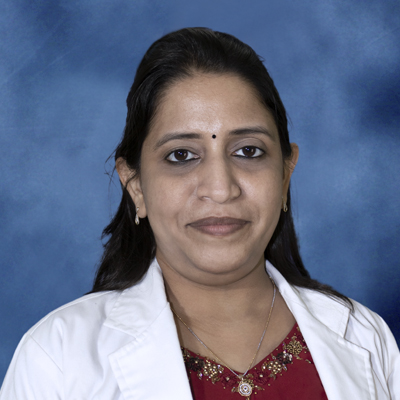
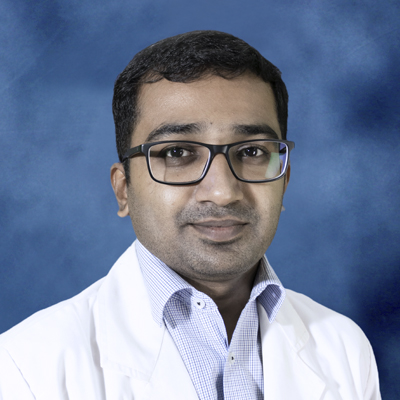
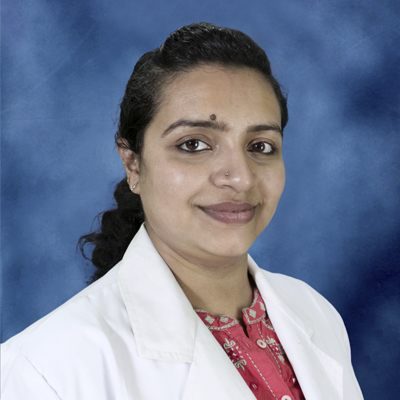
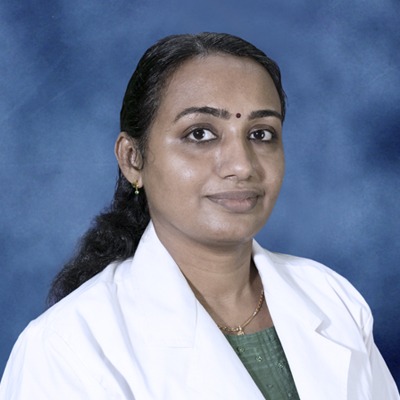
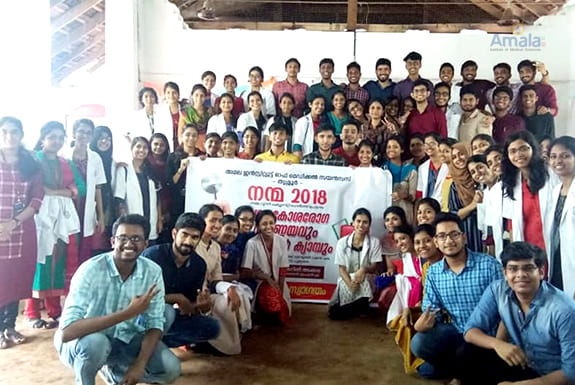
Nanma programme 2018
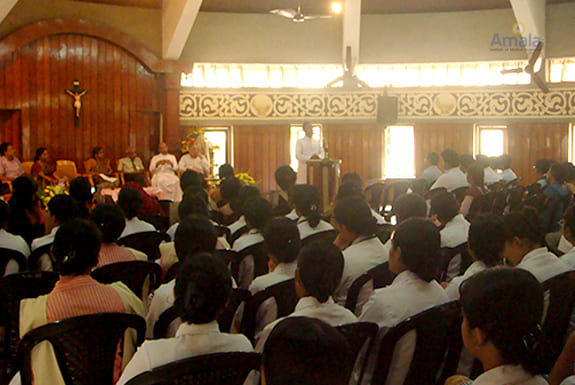
ICTC inauguration
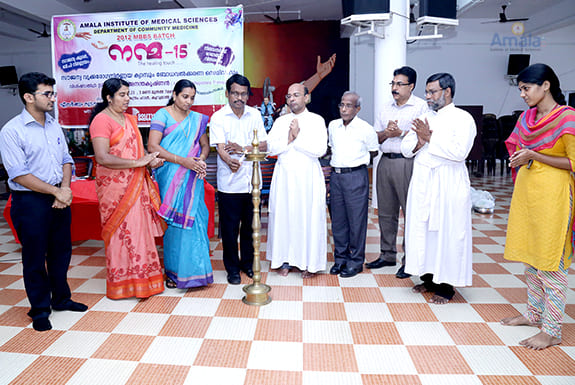
Nanma Programme 2015
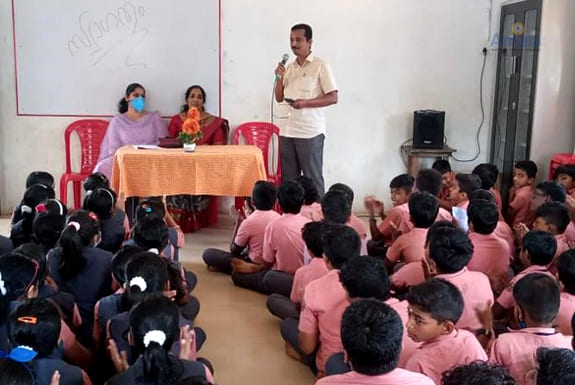
Obesity day awareness class for school students at RHTC Vellatanjoor
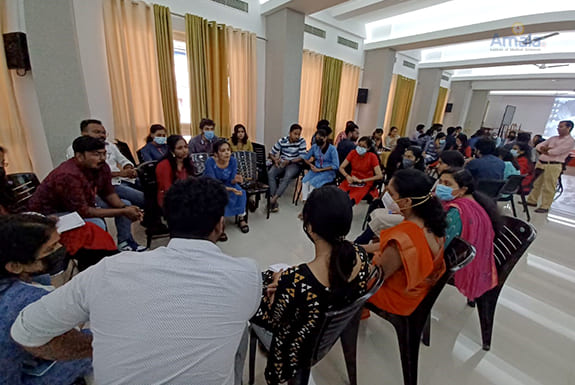
Research Methodology workshop for Under Graduate students
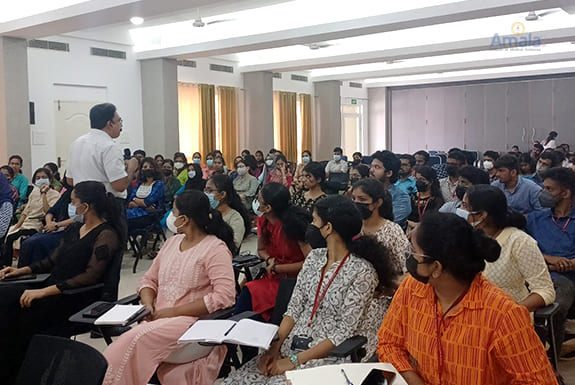
Research Methodology workshop for Under Graduate students
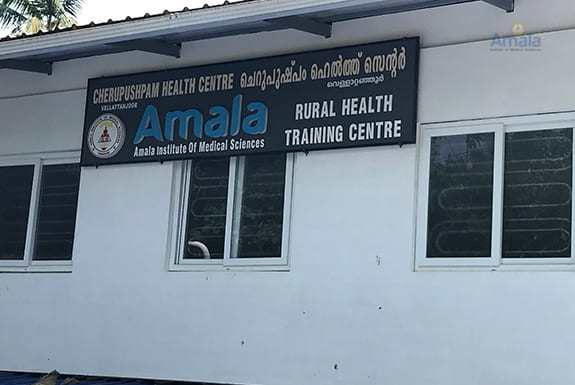
Rural Health Training Centre – Vellattanjoor
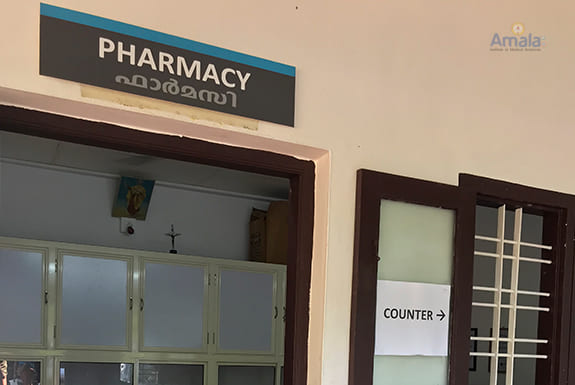
Rural Health Training Centre – Vellattanjoor: Pharmacy
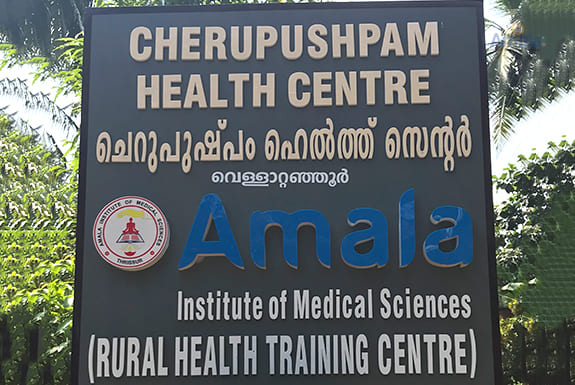
Rural Health Training Centre – Vellattanjoor
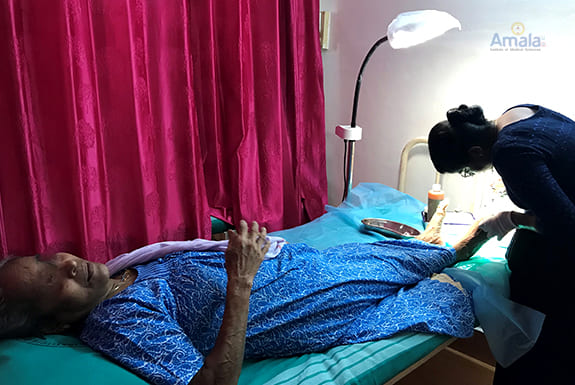
Rural Health Training Centre – Vellattanjoor: Procedure room
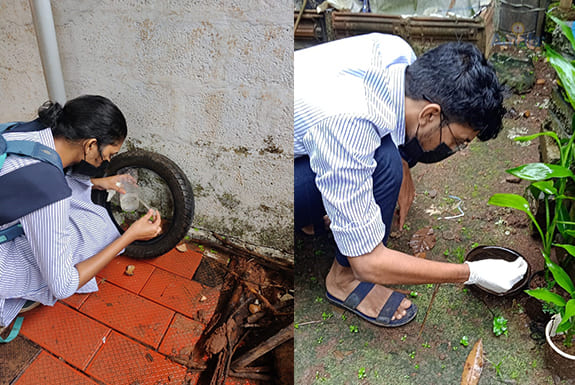
Vector survey done by the Under Graduate students
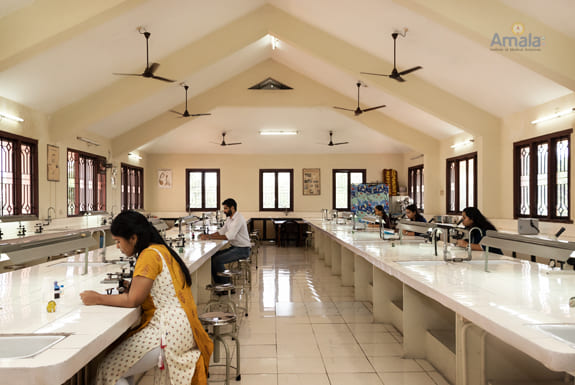
Laboratory
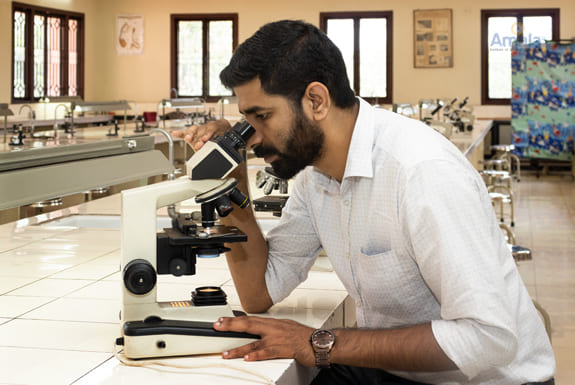
Laboratory
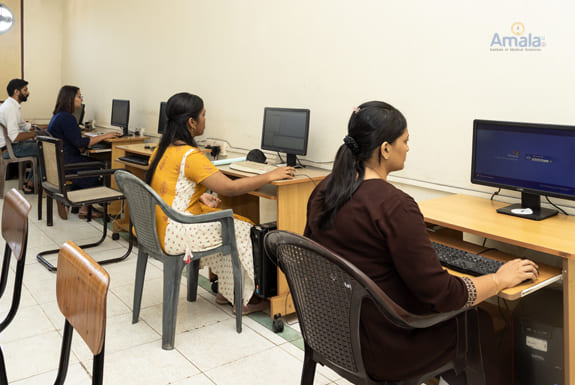
Research laboratory
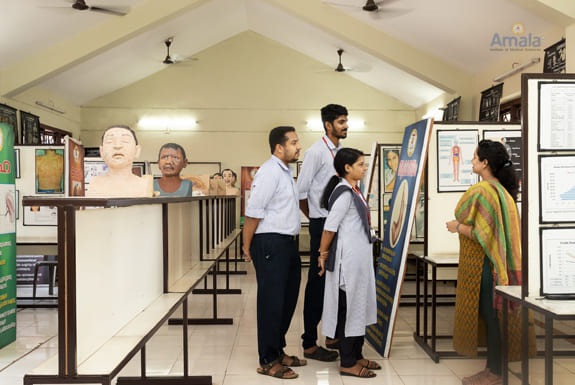
Museum
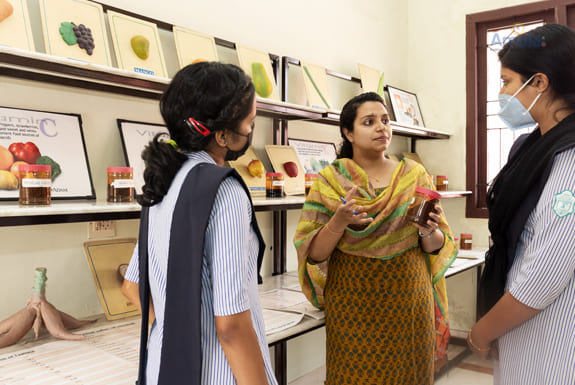
Museum
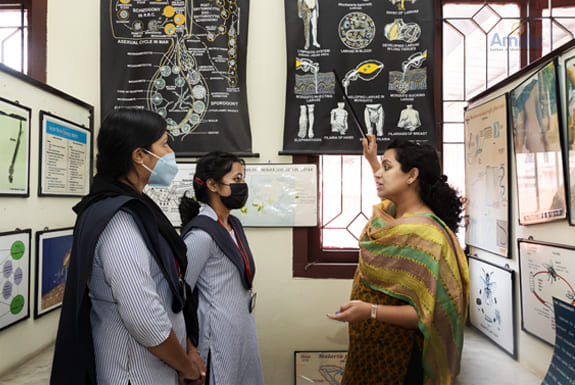
Museum
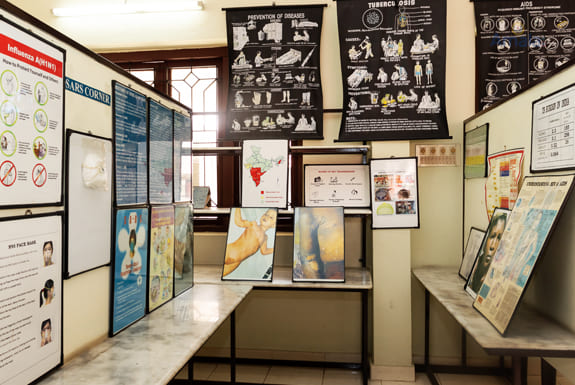
Museum
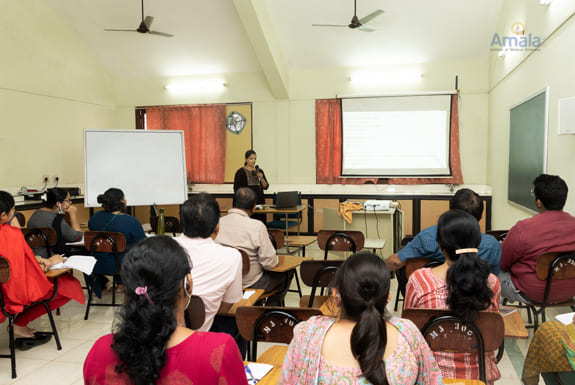
Demonstration room

Department of Community Medicine
The service area of UHC Patturaikkal comprises of 9 divisions of Thrissur Municipal Corporation catering to more than 50,000 population. A baseline socio-demographic survey of the area was done and a report was compiled which contained all relevant demographic and socio-economic data of the area and is being updated at regular intervals. The average OP attendance is about 30-40 per day. The patients are given free medical care including basic drugs. Laboratory services are provided at subsidized rates. Immunization clinics are conducted on all Wednesdays and Antenatal clinic on all Mondays. Special clinics are conducted frequently like Non -communicable disease screening, Diabetec retinopathy screening etc. Training for Undergraduate , House surgeons, Postgraduates and Nursing students are conducted on a regular basis.
The Rural Health Training Centre was initially located at Kallur which was started in September 2008 ,was about 21 km from the college. The centre was then shifted to Vellattanjoor in the year 2022. The centre is about 17 km from the college. This centre catering to a rural population of around 30,000, is a 6 bedded health centre. Speciality clinics started functioning from May 11th onwards with faculties from various departments (General Medicine, OBG, Paediatrics, ENT, Dermatology and Ophthalmology) from Amala Hospital . Regular free medical camps are conducted on a monthly basis. Training for Undergraduate , House surgeons, Postgraduates and Nursing students are undertaken here. Residential facilities for House surgeons and Community Medicine Postgraduates are provided at the centre.
In 2012, ARCH Programme was proposed to expose the students to the harsh ground level realities in various spheres of human existence, be it social, economic, environmental or health related and equip them to deal with these problems in a comprehensive manner. In support of this programme, an ARCH Clinic has been started in the out-patient department of Amala Hospital which functions from 8 AM to 4 PM. Services offered includes basic medical care to people from the field area with free essential medicines and referral services. A NTEP DOTS centre and designated microscopy centre with a MO, lab technician and a TB health visitor is also functional in same OP complex. In addition, an Integrated Counselling and Testing Centre under the auspices of Kerala State Aids Control Society through which HIV AIDS detection and counseling services are provided free of charge.A Staff & Students clinic functioning under the department extends medical care to staff and students and also undertakes preplacement and periodic examination of staff members as required. Special emphasis is placed on screening of food handlers of the various food establishments on the campus including those of the student hostels.
The department took over the immunization clinic of the hospital in the year 2016.A single window strategy was implemented to combine both adult and paediatric immunization.
Department organizes free medical camps in various parts of Thrissur, Malappuram and Palakkad Districts, wherein specialists examine patients and provide appropriate treatment. The average attendance in these camps is in the range of 300-400. The department is regularly conducting Health Education sessions in schools, "Mahilasamajams" and also for other local organizations.During peak of Covid 19 pandemic the department was actively conducting contact tracing of all Covid positive patients and healthcare workers in the hospital and advising preventive measures. Covid vaccination centre in the hospital was started under the departmentand was the first centre in the district in the private sector.We also extend support to various NGOs for the conduct of medical camps, cancer screening camps, blood donation camps, health education sessions, etc.The department is also conducting an annual State Level Quiz in Community Medicine for under-graduate students of all the medical colleges in Kerala.
AMFACC is an initiative of the Amala Institute of Medical Sciences with the objective of reducing the incidence of Aedes mosquito-borne diseases like Dengue, Chikungunya and Zika virus disease in and around the campus by reducing vector densities belowcritical level. The main focus of the campaign is source reduction and environmental management by adopting eco-friendly methods with community participation. The campaign also intends to create awareness about Aedes mosquito-borne diseases and its vector bionomics among the staff and students on the campus. Campus cleaning and planting mosquito repellant plants on the campus are some of the activities which are being done by the organization.